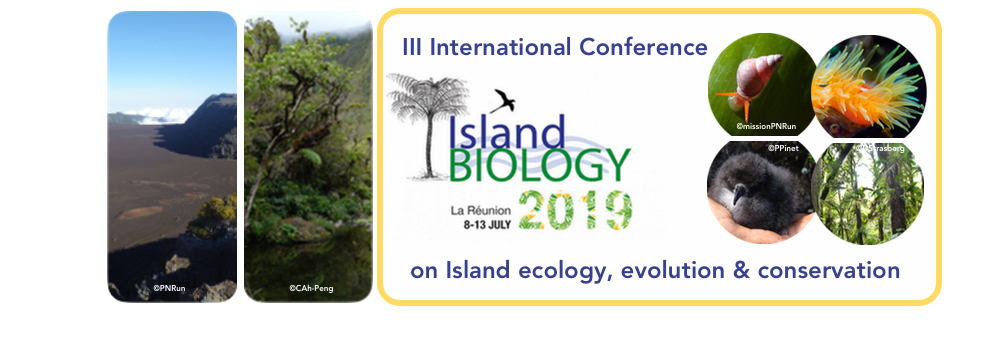Exotic species can disrupt plant-pollinator interactions and its ecosystem function. Several studies have found contrasting results regarding the impact of honey bees Apis mellifera on native plant-pollinator communities and pollination function. Due to its abundance and generalist behaviour, A. mellifera can visit many different plant species, increasing the competition for resources with other native pollinators and modifying the structure of interaction networks. Negative and positive impacts of A. mellifera on native plant species include lower pollination effectiveness and replacement of lost pollinators, respectively. Here, we investigate the response of plant-pollinator communities and pollination function to artificially increased A. mellifera abundance in an island restoration context. We recorded plant-pollinator interaction and fruit set of native plants during eight months on four control and four treatment sites on the island of Mahé, Seychelles. First results indicate a low impact of A. mellifera on global network topologies, yet changes in meso- and micro-scale metrics suggest that specialist plants and pollinators suffer from a higher degree of direct and indirect competition in networks with increased A. mellifera. The conservation implications of these findings are two-fold: A. mellifera may ensure pollination of rare, more specialised plant species; and A. mellifera is likely to outcompete specialised native pollinators. Further research is required to quantify pollination efficacy of A. mellifera compared to native pollinators to assess the overall impact of this exotic pollinator on native plant-pollinator communities.

|
|
|
|
Effects of exotic pollinators on network structure and ecosystem function
1 : University of Exeter
* : Corresponding author
University of Exeter Campus on Penryn, TR10 9TA -
United Kingdom
|
| Online user: 61 | RSS Feed |

|
 PDF version
PDF version